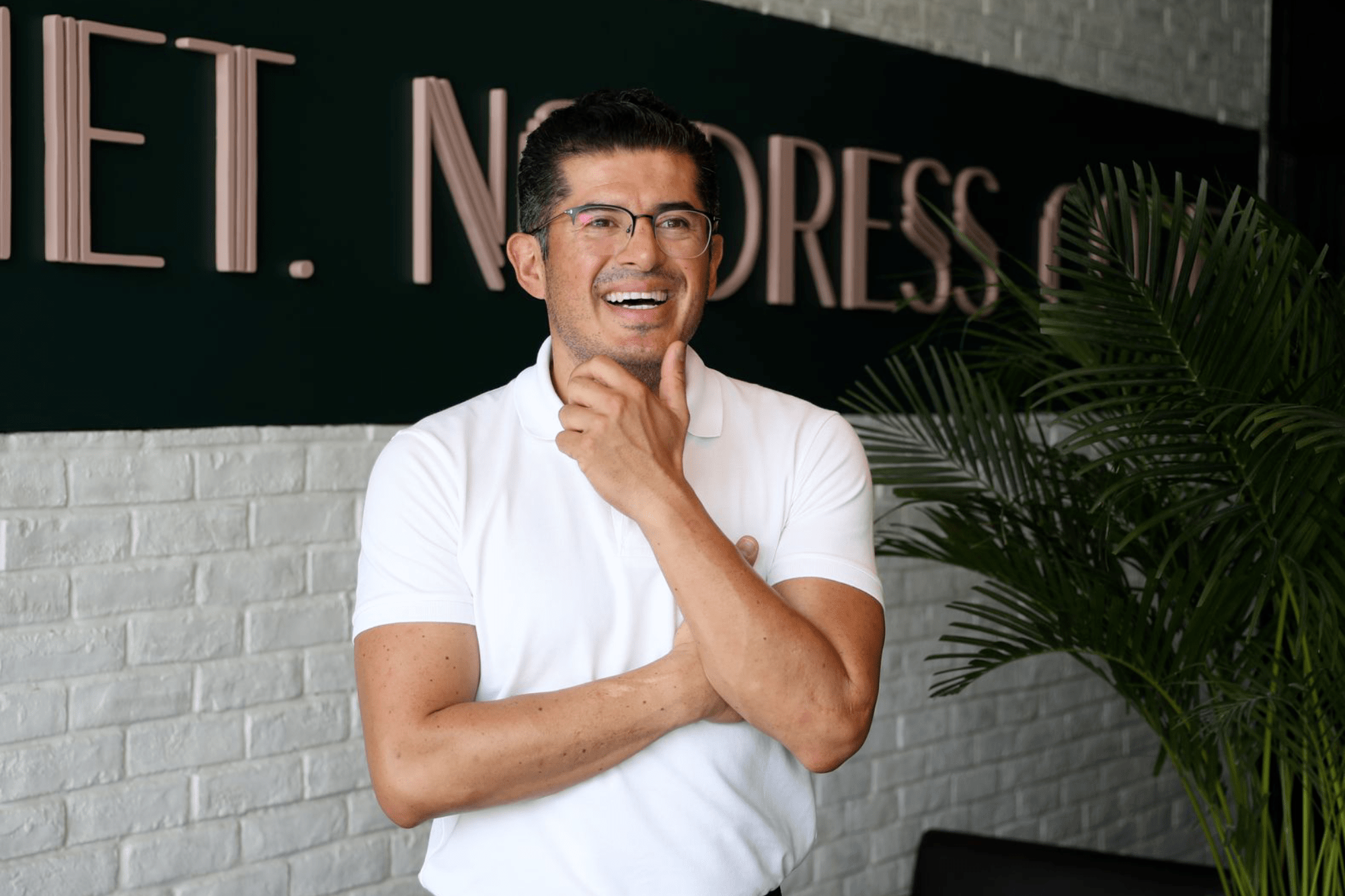Why 2021 Could See More Startups From The Middle East Become Unicorns The pandemic seems to have driven the region's VCs to be more sophisticated and strategic in how they deploy capital, and also to be bolder.
By Areije Al Shakar Edited by Aby Thomas
Opinions expressed by Entrepreneur contributors are their own.
You're reading Entrepreneur Middle East, an international franchise of Entrepreneur Media.

As we look ahead to 2021, it is difficult not to look back over 2020, one of the most challenging years for business in sectors across the board. For the GCC, which has put startups at the core of regionwide diversification strategies, the COVID-19 pandemic should have been even more devastating than it was.
At first, the results were predictable, with global funding falling to its lowest level since the 2008 financial crisis– and all this at a time when the Middle Eastern venture capital community was only just starting to find its wings.
But something unexpected happened. The Middle East bucked this global trend. We saw a record-breaking US$659 million invested in MENA-based startups in the first half of 2020 alone. Money was flowing into, not pulling out of, the region's startups. So, what happened? It seems the pandemic had driven the region's VCs to be more sophisticated and strategic in how they deploy capital, but also to be bolder. Larger amounts of money were flowing into a smaller number of later-stage startups, and in particular to industries that have evolved in the pandemic climate, such as fintech, edtech, and healthtech.
This is an important paradigm shift for a region where investors and fund managers have shown their willingness to write checks up to a Series B or Series C level, but have been reluctant to part with the larger amounts required for Series C and Series D. This "scale-up" ceiling has been hampering Middle Eastern innovation from reaching its full potential for some time. But it seems that the global pandemic has helped to shape a Middle Eastern technology and investment climate that is ripe for new startup unicorns. Indeed, as the year neared its end, we saw the third Middle Eastern company in two years reach coveted unicorn status.
Related: The Role Of Soft Facts In Investment Decision-Making
At the end of November, global money transfer giant Western Union acquired a 15% stake in Saudi e-wallet STC Pay for $200 million, valuing the company at $1.33 billion. Other Middle Eastern unicorns include Dubai-based vehicle hiring company Careem, acquired by Uber for $3.1 billion at the start of 2019, and Emerging Market Property Group, also based in Dubai. It is worth noting that even before the pandemic took hold, we were already putting in place the regulatory and physical infrastructure necessary for local entrepreneurship to flourish and thrive. Regionwide economic diversification efforts have seen the growth of thriving tech and startup ecosystems complete with burgeoning VC communities, global accelerator networks and some of the most advanced digital infrastructure in the world.
Moreover, this year has further underlined the extent to which technology plays a role in our daily lives, and the capacity of both individuals and companies to embrace it. This, coupled with the fact that the essential groundwork for funding and ecosystem frameworks was already in place, were the key factors that allowed people to digitalize very rapidly. The foundations were already there– one silver lining of COVID-19 was how it served as the catalyst behind a mindset shift. This bodes well for our startup ecosystems in the longer term.
As we have sought to build these ecosystems, the Middle East has traditionally been a net importer and consumer of innovation, but we are steadily making the shift to net producer. The new year will see Middle Eastern entrepreneurship charging ahead with renewed focus. We can expect more unicorns to follow.
Related: Go Big Or Go Home: More Middle Eastern Boldness Is Needed To Break "The Scale-Up Ceiling"













